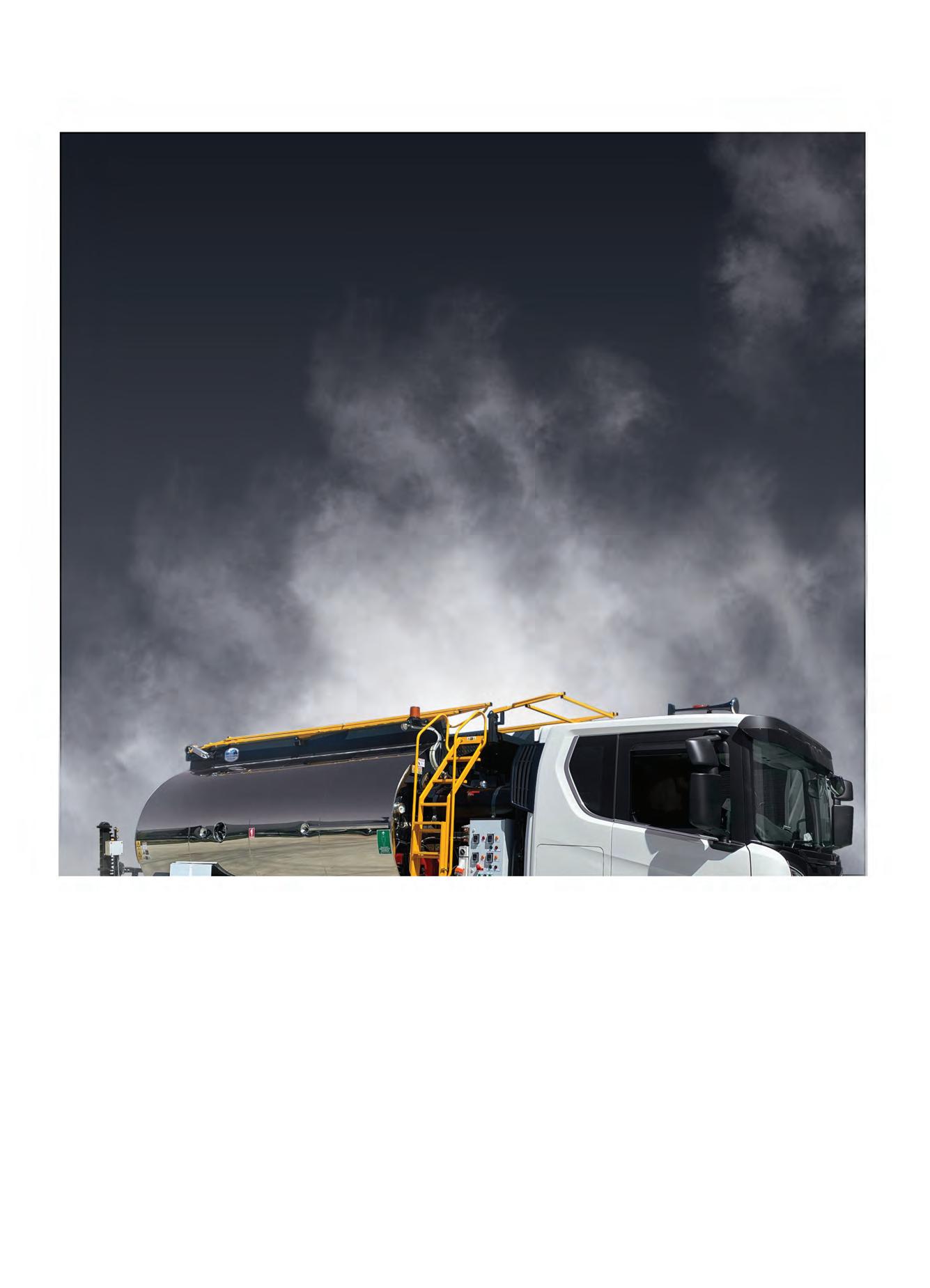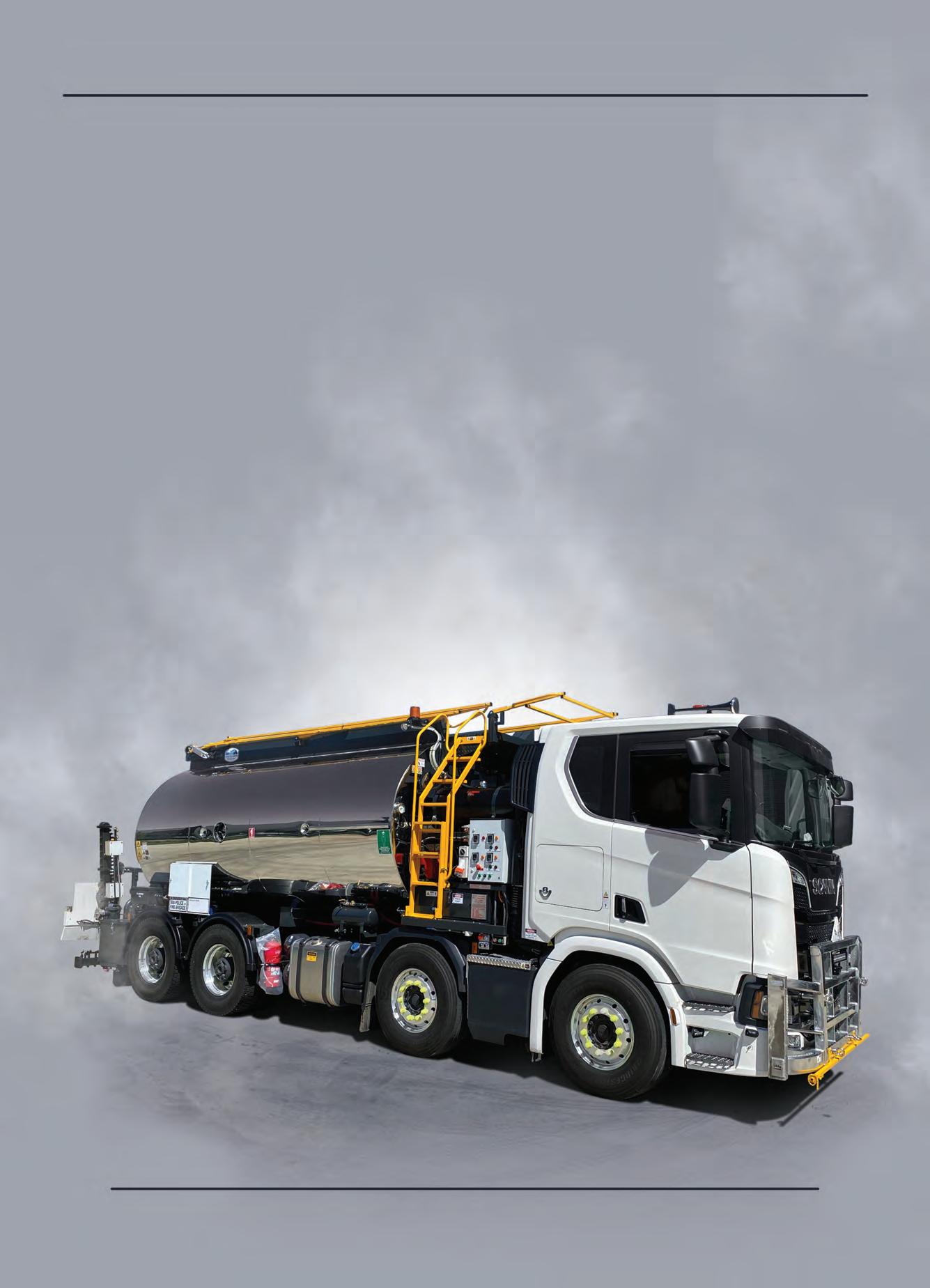
3 minute read
Putting recycling first
PROJECTS USE ECOLOGIQ TO DELIVER VICTORIA’S BIG BUILD
VICTORIA’S $70 BILLION TRANSPORT INFRASTRUCTURE BOOM PRESENTS HUGE OPPORTUNITY TO INCREASE THE USE OF RECYCLED MATERIALS IN INFRASTRUCTURE PROJECTS. ISCA HIGLIGHTS SOME OF THE INITIATIVES ALREADY UNDERWAY.
By 2046, Victoria is expected to generate 40 percent more waste a year than in 2017-18 – highlighting the need to grow domestic recycling capabilities and create local markets for recycled content.
The Victorian Government responded with its circular economy strategy – Recycling Victoria – a 10-year plan to overhaul the state’s recycling sector. A key part of this plan is to drive innovation in sustainability.
The introduction of the Recycled First policy this year supports this commitment, and its implementation is being led by the Ecologiq initiative which helps projects to drive the use of sustainable materials.
Companies interested in delivering major transport infrastructure projects will need to demonstrate how they will optimise the use of Victorian recycled and reused materials that meet existing standards and specifications.
So far, Victoria’s Big Build has incorporated more than 383,000 tonnes of recycled crushed concrete into its projects, and more than 325,000 tonnes of supplementary cementitious material such as fly ash and blast-furnace slag.
Recycled plastic has been used to build around 20 kilometres of rail barriers, while more than 118,000 tonnes of recycled steel now forms part of our biggest road and rail projects. PAVING A GREENER FUTURE FOR VICTORIA The nine-kilometre Mordialloc Freeway project is leading the way in using recycled materials with the team determined to exceed their sustainability targets.
So far, more than 100,000 tonnes of recycled crushed concrete have been incorporated in the road base and more than 400,000 tonnes of recycled concrete in under road drainage.
Up to 30 per cent of the asphalt to be laid will also be made from recycled materials, and drainage pipes made of recycled plastic will also be installed.
The project has used more than 300,000 tonnes of excavated soil from other construction sites across Melbourne.
The team is aiming to use noise walls made of 75 per cent recycled plastic along the new freeway, linking Springvale Road to Thames Promenade. Close to 12 kilometres of noise walls are required on the project.
Ecologiq is encouraging all contractors to explore such innovative applications to demonstrate their commitment to optimising sustainable materials, using the Recycled First policy to capture data and lessons learnt.
FROM TRIAL, TO TRIED AND TRUE Several recycled materials are currently in trial in Victoria, with Ecologiq collaborating with government and industry partners to drive innovation.
In Melbourne’s west, workers used more than 590,000 plastic bags and toner from 13,000 print cartridges to resurface a road.
The product known as Reconophalt is being trialled on Duncans Road, Werribee as part of the $1.8 billion Western Roads Upgrade.
While this trial hints at exciting new possibilities, the Western Roads Upgrade has already used mammoth volumes of widely accepted recycled materials, including more than 190 million recycled glass bottles and up to 300,000 tonnes of recycled asphalt.
Across the city, researchers are testing the use of crumbed rubber on a kilometre and a half section of East Boundary Road in East Bentleigh. In an Australian-first trial into how crumbed rubber performs over time, the busy road was paved using the equivalent of 1600 old tyres in March this year.
Australia generates the equivalent of 56 million car tyres every year, and it is estimated a third of these tyres end up in landfill or stockpiles, with just 10 per cent currently domestically recycled. The Victorian Government, Tyre Stewardship Australia and the Australian Road Research Board are conducting the million-dollar study, aimed at integrating more discarded tyres into the circular economy.
Our state is ready to shift to a reducereuse-recycle model, and Ecologiq is using Victoria’s Big Build to make that happen.
To find out about more projects, Australia wide that are using recycled materials and reducing emissions visit the ISCA website to download the organisation’s 2020
Impacts Report.
Victoria’s Big Build includes some of the biggest road and rail projects in the state’s history and presents a huge opportunity for use of recycled materials.


















